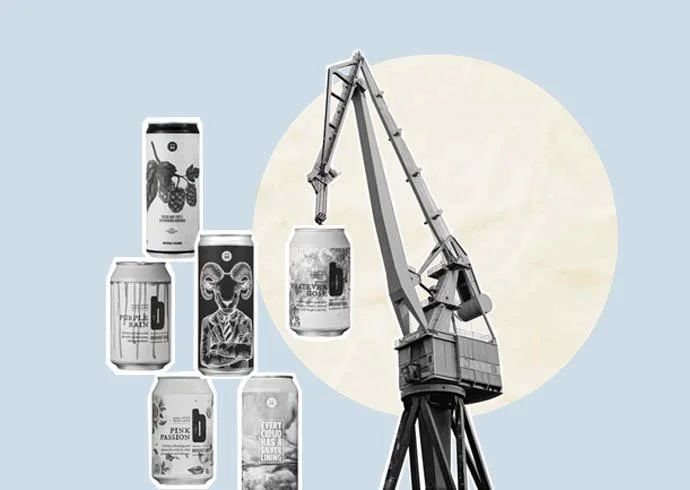Craft: Organising against the mainstream
I was recently invited to moderate a discussion on craft beer at Lund University School of Economics & Management. Craft beer drinkers are an especially nerdy (in the best possible way) bunch and craft brewers even more so. And, since I don’t drink beer of any kind, you might (rightly) wonder what on earth I was doing in such exclusive company!
Well, the point of the panel was not really to discuss beer per se. Rather, the idea was to discuss what craft organisations are, how they work, and what we might learn from them. The departure point here is that craft is about doing something for its own sake rather than with the sole purpose of making money. Craft work is slow, carefully work, performed with love and with intrinsic motivation. Craft organisations (including, but not limited to craft breweries) are often small businesses without any special desire to grow. This makes them stand out from most mainstream organisations today, where growth and profit maximisation are often motivators and measures of success.
Craft organisations’ focus on alternative (non-financial?) motivators and measures of success make them interesting to study from a sustainability perspective. Unlimited growth is not possible on a planet with finite resources (e.g. earth) so, sooner or later, we will all probably have to adjust to a world without the demand of constant economic growth. In a post-growth society (as this imagined future is often called) we will need to consider what alternative measures of success organisations will employ to e.g. motivate employees, attract shareholders, etc. And that’s why it is interesting to try to better understand organisations that are already doing just that.
My colleague Stephan Schaeffer introduced the concept of craft from an academic perspective and brewery owners Fredrik Ek and Erik Frithiof described what it is like to work in a craft organisation. We discussed what motivates them and what differentiates their organisations from the mainstream as well as how the craft business model could contribute to a more sustainable (post-growth?) future.
The whole event was broadcast live on YouTube which meant that we could get lots of great questions from people who were not able to join us in person. It also means that, if you missed it live, you can catch the recording on LUSEM’s YouTube channel.


